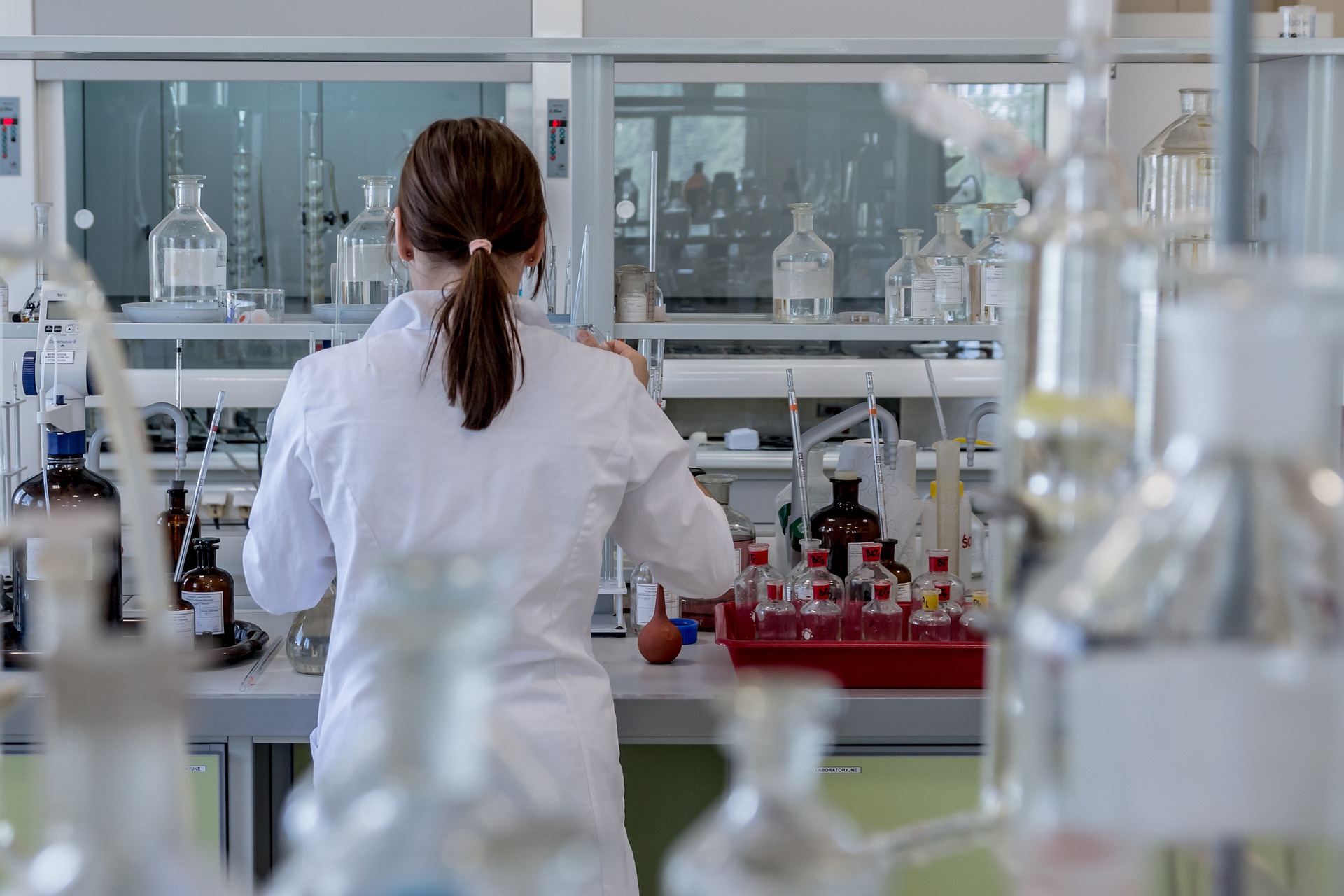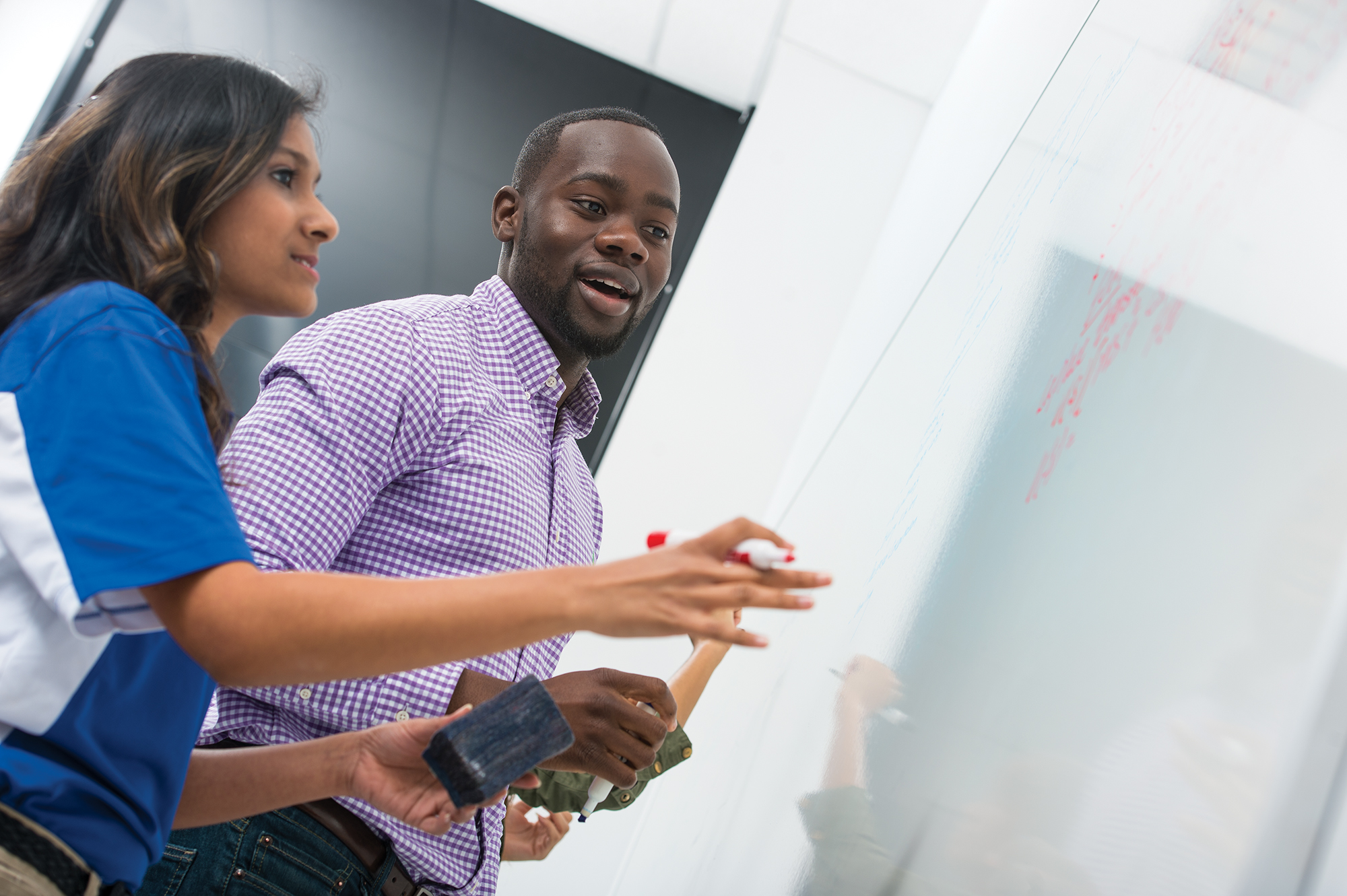10.1 Academic Learning Centers
Academic Success Center
206 Ransom Hall & 415 Central Library
817-272-3685 & 817-272-2617
Division of Student Success
The Academic Success Center (ASC) provides academic services to help students achieve their academic goals. The ASC offers Academic Coaching to develop and implement strategies that encourage academic success. The ASC also offers tutoring services through online and in-person platforms, as well as through programs like Supplemental Instruction, Peer-Led Team Learning, and TRIO Student Support Services. Each program consists of individualized tutoring by high-quality tutors to students in a variety of subjects at no cost.
Supplemental Instruction (SI) is an internationally recognized student assistance program aimed at improving student performance in historically difficult courses. SI offers students regularly scheduled discussion sections led by specially trained upperclassmen and graduate students. These discussion sections are designed to help students master the concepts of an academic course and, at the same time, increase their competency in the learning strategies relevant to the course. Peer-Led Team Learning (PLTL) is a tutoring program in which groups of 8 students and a PLTL leader meet once a week to complete practice problems developed by their professors. This service is available for a select number of courses. TRIO Student Support Services (TRIO SSS) is discussed in a later section.
Chemistry Clinic
318 Science Hall
817-272-3171 UTA Department of Chemistry and Biochemistry
Operated by the Department of Chemistry and Biochemistry, this clinic seeks to support students in all chemistry and biochemistry courses.
English Writing Center and Online Writing Lab
411 Central Library
817-272-2601
UTA Library Writing Center
The English Writing Center offers students both face-to-face tutoring offered in the Central Library and online meetings through video conferencing. Appointments may be made on the English Writing Center Web site where you will also find other tips and resources for improving your papers.
Language Acquisition Center
307 Trimble Hall
817-272-3161
Department of Modern Languages
The Language Acquisition Center (LAC) is dedicated to helping students succeed as they seek to master languages other than their own. A multimedia center serving the UTA community, the LAC features iMac computers, a projector, and a whiteboard. The LAC also maintains an extensive collection of analog and digital media as well as course-related software and self-study software.
Math Clinic
325 Pickard Hall
817-272-3261
Department of Mathematics
Math Learning Resource Center
308 Pickard Hall
817-272-1749
Math Learning Resource Center
The Math Clinic and Math Learning Resource Center (LRC) are drop-in tutoring centers located in Pickard Hall that offer assistance for students in specific undergraduate math courses and final review sessions before exams. For a complete list of courses served by the Math Clinic and LRC, visit their Web site.
Physics Clinic
007 Science Hall
817-272-2266
Department of Physics
The Physics Department operates a clinic for students desiring help in solving physics problems, understanding physics concepts, and anything relevant to being successful in their physics courses at UTA. For much of the day during the school week, an advanced undergraduate student is available to provide individualized assistance with course work or assisting in the better understanding of course concepts.
Science Learning Center
106 Life Science
817-272-3491
College of Science
The Science Learning Center offers resource materials and study aids for students in Biology, Chemistry and Biochemistry, Mathematics, Physics, and Psychology classes. The center features lounge space, a computer lab, and information ranging from course-specific study materials to information about pursuing particular career paths in the sciences.
TRIO Student Support Services
206 Ransom Hall
817-272-3684
Trio SSS
TRIO Student Support Services provides free academic support to U.S. citizens or permanent residents who are either first generation, low income, and/or disabled. Free services include tutoring, counseling, advising, a private computer lab, seminars, cultural events, and a laptop, calculator, and textbook lending program.


